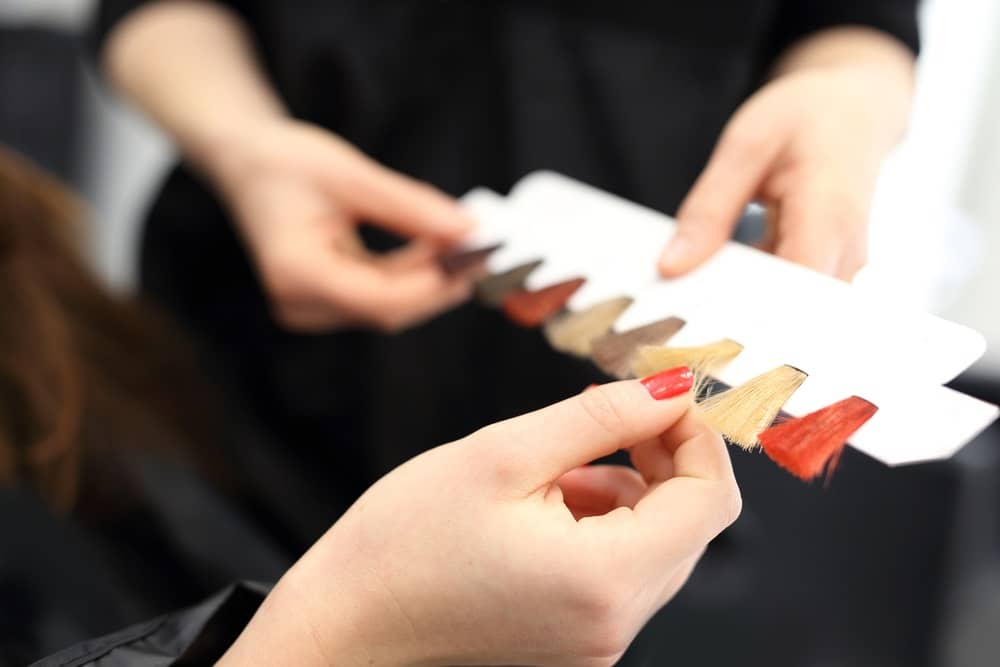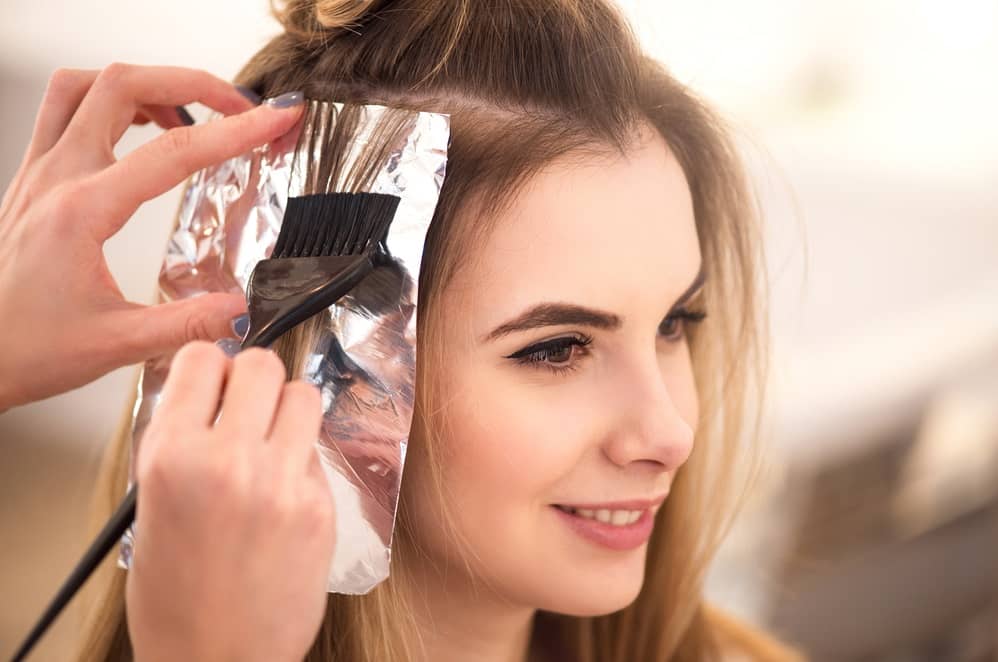Ever looked in the mirror and noticed your beard gleaming with shades of red, even though the hair on your head is a completely different color? If so, you’re not alone. Many people are puzzled by the unexpected appearance of red hair in their beard, especially when it doesn’t match the color of their scalp hair. So, what causes this peculiar phenomenon? The answer lies deep within your genes.
The Role of Genetics in Hair Color
Hair color, including that of your beard, is primarily determined by the levels and types of pigment in the hair follicles. Two types of melanin are responsible for the variety of hair colors we see: eumelanin, which is associated with darker shades like brown and black, and pheomelanin, which gives rise to red and blonde tones.
When it comes to beard color, especially the appearance of red tones, a different set of genetic influences comes into play. Even if your head hair is brown, black, or blonde, a variation in your genetic makeup can lead to reddish hues in your facial hair.
The Influence of the MC1R Gene
One of the primary genetic factors that can contribute to red beard hair is the MC1R gene. This gene is responsible for producing a protein that regulates the balance between eumelanin and pheomelanin in the body. People with variations (or mutations) in this gene tend to produce more pheomelanin, leading to the characteristic red hair color.
However, unlike those with fully red hair (where both copies of the MC1R gene carry the variation), individuals with red beards often have only one copy of the mutated MC1R gene. This means that their body produces more pheomelanin in certain areas, such as the facial hair follicles, but not necessarily throughout their entire body. The result? A person with dark or blonde hair on their head may still grow a red beard.
A Mixed Bag of Inherited Traits
Genetics is a complex system that doesn’t always work in a straightforward manner. The color of your beard hair is likely a combination of several genes inherited from both sides of your family. This can explain why your beard hair color may not match the rest of your hair or why you might even see a blend of different hues across your facial hair.
It’s also worth noting that genetic expression can vary in different parts of the body. For instance, while the hair follicles on your head may be receiving more eumelanin, the follicles in your beard might be producing higher levels of pheomelanin, leading to those reddish strands.
Hormonal Influence on Beard Color
Aside from genetics, hormones also play a role in determining the color of your beard. Testosterone levels, for instance, affect the growth and characteristics of facial hair. During puberty and adulthood, increased testosterone production can stimulate the hair follicles, leading to changes in color and texture. This explains why many people notice their beard changing color or taking on red tones as they age, even if it wasn’t always that way.
Red Beards: A Rare but Fascinating Phenomenon
While full red hair is relatively rare—occurring in only about 1-2% of the global population—red beards are a bit more common. You’re more likely to encounter someone with a reddish beard than a completely red head of hair. This unique feature has become something of a badge of honor for many, and it’s often celebrated for its distinctiveness.
A Quirky Genetic Outcome
In the end, the mystery of red beard hair comes down to the fascinating intricacies of genetic inheritance. Even if your parents or grandparents don’t have red hair, you could still carry the variation in your genes that expresses itself in your beard. This quirky outcome is just one of many examples of how our genetics shape us in unexpected and often delightful ways.
Embrace the Uniqueness
If your beard is sporting those fiery red tones, embrace it! It’s a visual reminder of the rich and varied genetic heritage you carry. After all, your red beard is not only a conversation starter but also a subtle nod to the genetic complexity that makes us all unique.
So, the next time you find yourself admiring your red beard, remember that it’s more than just a color—it’s the result of a fascinating interplay between your genes, hormones, and the intricate processes that make you, you.









Great read! I appreciate the effort you put into researching this.